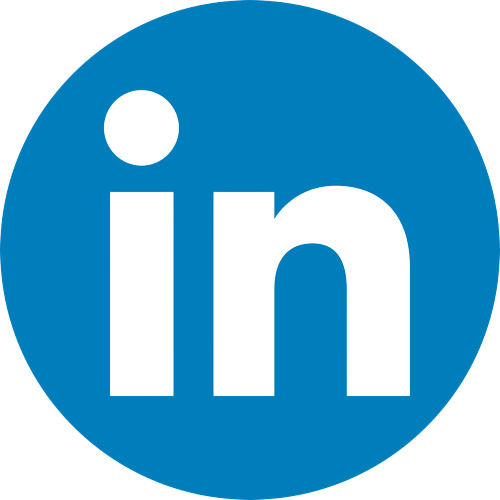Setting Goals With Manager in One on Ones (New-ish Hire)
Hello. My manager asked me to come up with some initial goals for myself, some shorter term, some longer term, for our next one-on-one which is Wednesday.
We are also in the middle of a mid-year review process where my self-feedback is going to be an important submission.
This is going to be a bit of rambling and context but the overall question here is "what initial goals should I set with my manager?"
That was prompted by me bringing up a desire for more structure in our 1-on-1s after taking Rahul's Onboarding Course. I have since also viewed the Junior->Mid-Level Course. I started a document to track the 1-on-1 discussion/action items.
Some context:
-
I'm 5 months into this job.
-
It is a Senior SWE position.
-
However I "feel" quite junior for three main reasons
- Everyone else on the team is also senior or staff, and has been here for multiple years, often 3+ or 5+ years.
- My previous jobs I was either junior or acted low-mid-level despite being senior on paper. I took tickets and worked and kept my head down. When I was given projects with larger scope/responsibility, I struggled. In retrospect I needed more coaching/mentorship/course-work in order to learn to handle that scope/responsibility.
- My previous jobs never took career progress or one-on-ones seriously, nor did I unfortunately.
The main areas for goals based on org eng. principles are: Leadership, Execution, Craft.
Based on courses I took I'm thinking my goals could be in the areas of: velocity, code quality, increasing scope of tasks, becoming subject matter expert in the domain I'm working on which other engineers will need to learn soon, speaking up more in meetings, demoing what I'm doing in meetings or on slack more, doing decent code reviews, mentor junior engineers (except we don't have any!).
I can also talk about taking advantage of company provided career mentorship program. Could talk about wanting to interview new candidates, which I'd like to do eventually.
Discussion
(3 comments)- 2
 a year agoSenior Software Engineer [OP]LinkedIn
a year agoSenior Software Engineer [OP]LinkedInSince the character limit cut off some of my rambling I'll (for better or for worse) put it here:
I'll include some self-feedback for myself here:Constructive:
- I'm not doing pull request code reviews of other team member's code. I just feel like I don't have context to meaningfully contribute beyond "linter-level" comments.
- I have tunnel-vision on my tasks at any given moment (because even though they're "easy" they're hard as I onboard) and don't meaningfully listen to what other team members are dealing with or talking about that isn't immediately relevant.
- Only speak up in meetings where my tasks are being discussed. Rarely have opinions on things outside my immediate scope.
Positive:
- I'm putting (some) extra time after work to catch up on context/tech/concepts.
- I did impactfully contribute to scoping out current milestone of my team's/my main project.
- Voiced a need for more team sync or office hours style meetings when it was apparent everyone wasn't on the same page, which was implemented.
- Have built in-person relationships with an important adjacent team that we depend on.
- 1a year agoRahul PandeyTech Lead/Manager at Meta, Pinterest, Kosei
This is great reflection -- include it in your self review!
I'd also add comments along each axis of performance at LinkedIn: Leadership, Execution, Craft.
One more thing worth doing is to casually ask your teammates what they typically talk about in their self-review. Each team has a different culture and each manager is different, so you need to adapt to that.
- 1a year agoRahul PandeyTech Lead/Manager at Meta, Pinterest, Kosei
Great question! I have a few ideas on how to identify reasonable goals with your manager:
- First, start with what the key outcomes are for your team. Your team has goals on a few key metrics, e.g. revenue, user engagement, compute, etc. You should frame your work to contribute to one of these main goals.
- In a performance (self) review, you are correctly calling out that there's more emphasis on the behaviors you exhibit rather than the projects you work on. However, I'd still connect the dots for how your work will help the team better achieve its goals.
You can mention things like the company mentorship program or interviewing, but this should not be the main substance of your self-review. Things like being a mentee or mentor are "extras" for your career growth, that become important once you've proven that you're able to handle your core job responsibilities.
Your self-review should ideally have data, which comes in 2 forms:
- Get input from others on the team (I talk about this in Meet The Team from the onboarding course). Have you done feedback 1:1s with your teammates? They can share their perspective on areas for improvement (and building a relationship with them will make you more likely to contribute in meetings).
- Examples of what you'd like to do going forward, e.g. link a code review where you could have left more comments, or an example meeting where you could have been more active.